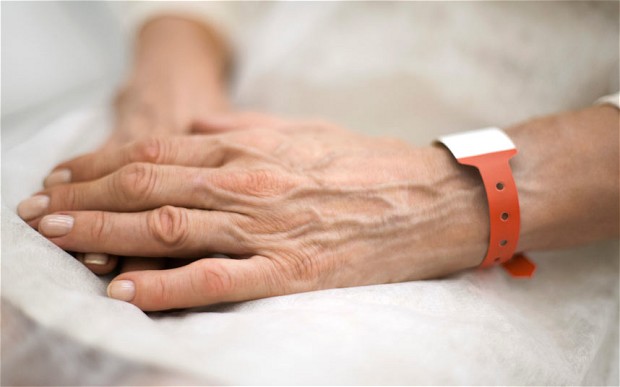Evidence has emerged of the blanket use of ‘do not attempt cardiopulmonary resuscitation’ (DNACPR) orders in some parts of the country and the potential breach of the human rights of hundreds of patients during the COVID-19 pandemic in the UK, according to a new report.
The report, ‘Protect, respect, connect – decisions about living and dying well during COVID-19’, published by the Care Quality Commission (CQC), found 508 cases of DNACPR decisions made since March 2020 that were not agreed in discussion with the patient, their family, or their carer. Additionally, of the 2,048 adult social care providers who responded to the survey, 119 felt that people in their care had been subject to blanket DNACPR decisions since 17th March 2020.
One person told the authors of the report:
“There was a letter informing of a blanket ban from the clinical commissioning group that COVID-positive people with a learning disability couldn’t be sent to hospital [and] should be cared for at home – this was discriminatory and involved no individual care decisions. Following action, the letter was overturned”.
Another respondent reported that:
“We were alerted by the care home that an attempt was being made to impose blanket DNACPR decisions on all those in care homes in the area. The form emphasised the idea that our loved ones would be more comfortable being looked after in familiar surroundings rather than go to hospital. We felt it was entirely inappropriate pandemic or not”.
Keep up with the latest pro-life news and information on Twitter. Follow @LifeNewsHQ
As the report itself explains, DNACPR decisions should be made on an individual basis and “must be free from any discrimination, for example in respect of a disability, and not based on a professional’s subjective view of a person’s quality of life”.
“Discriminatory and unlawful”
“All DNACPR decisions must be made on an individual basis according to need. Applying ‘blanket’ DNACPR decisions to groups of people in particular equality groups, such as people with a learning disability or older people, whether or not a DNACPR form has been completed, is potentially discriminatory and unlawful”.
The findings come after the CQC was asked by the Department of Health and Social Care in October 2020 to conduct a review of DNACPR decisions taken during the pandemic. Concerns about the blanket use of DNACPR orders for people with disabilities emerged last year and it was found that their use may have led to avoidable deaths.
The CQC said that a combination of “unprecedented pressure on care providers, confusion around guidance, and miscommunication may have led to DNACPR decisions being incorrectly conflated with other clinical assessments around critical care”.
In conclusion, the report stated:
“Some people experienced compassionate, person-centred care where they were fully involved in conversations, and their wishes were understood and their rights upheld. The impact on people when this did not happen was hugely distressing. In these cases, conversations took place at short notice and people did not fully understand what was happening or what a DNACPR was”.
The CQC has recommended the creation of a Ministerial Oversight Group to work with health and care providers, local government, and the voluntary and community sector to deliver improvements in advance care planning and end of life care. Moreover, “Everyone needs to have access to equal and non-discriminatory personalised support around DNACPR decisions, that supports their human rights”.
Right To Life UK spokesperson, Catherine Robinson, said: “Fortunately, the CQC did not find any evidence that there had been a national blanket approach to DNACPRs, although there is evidence of their use at least locally. The CQC is right to condemn this discriminatory practice and pursue measures to prevent it happening again”.
LifeNews Note: Republished with permission from Right to Life UK.








